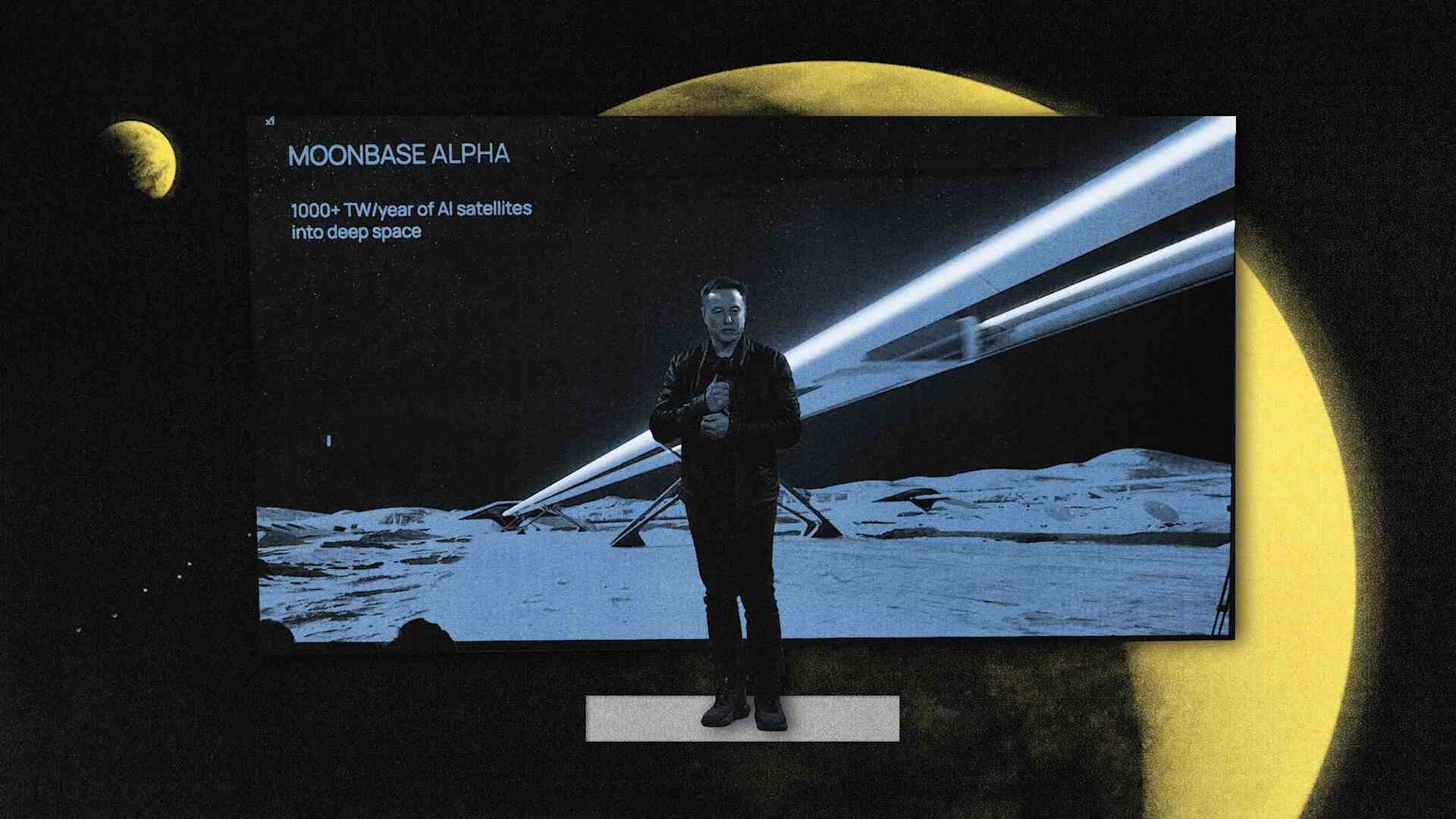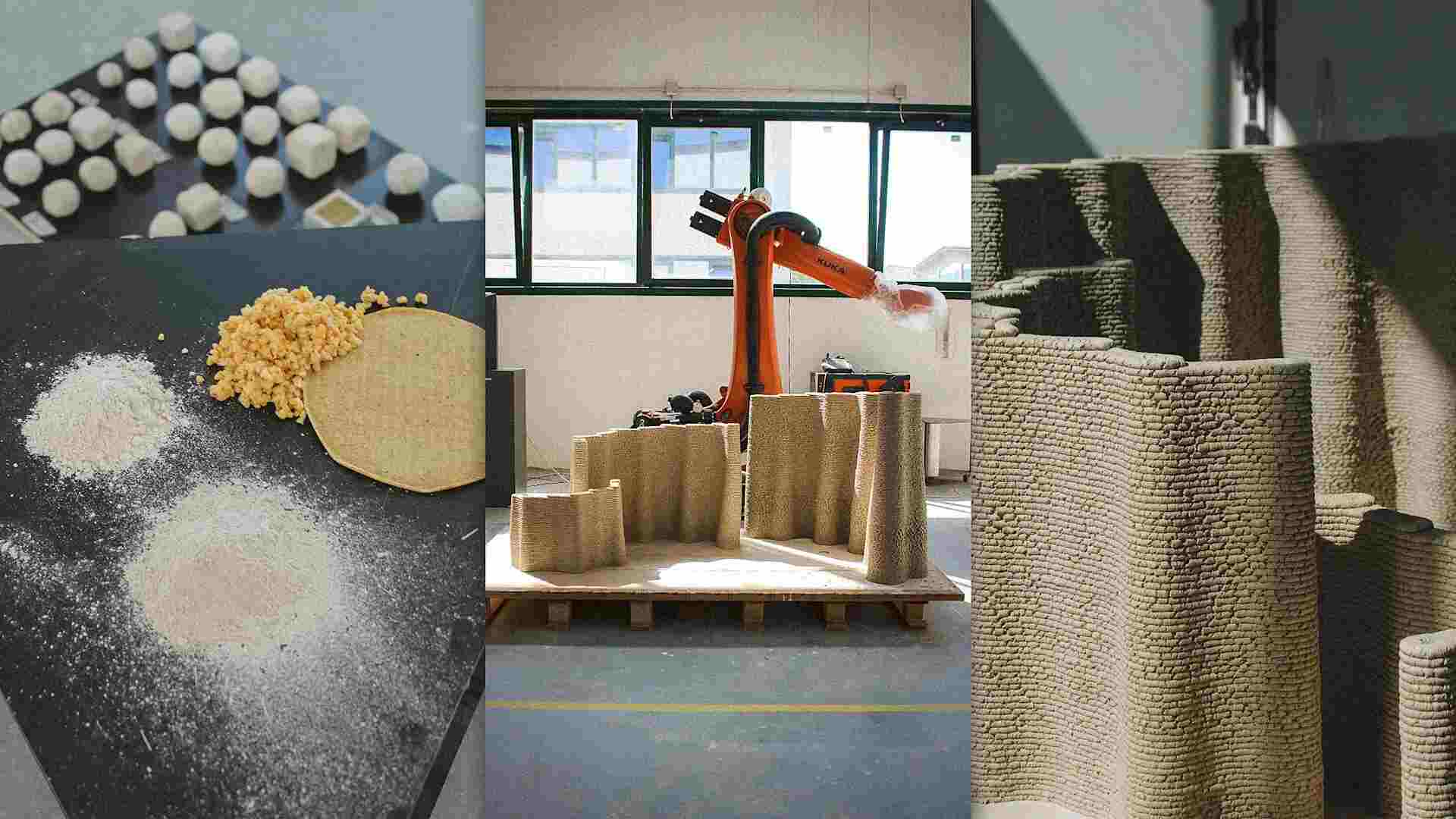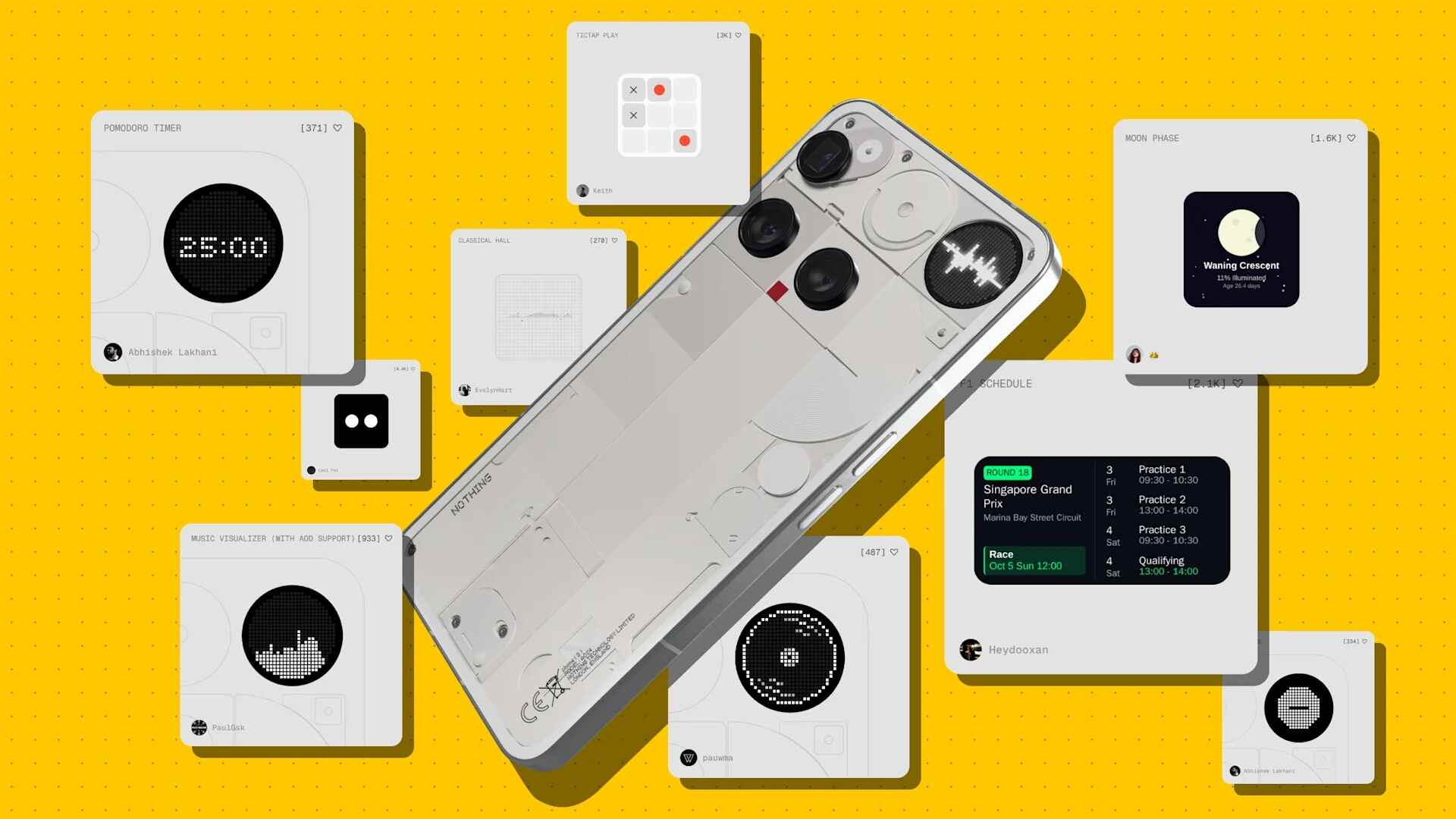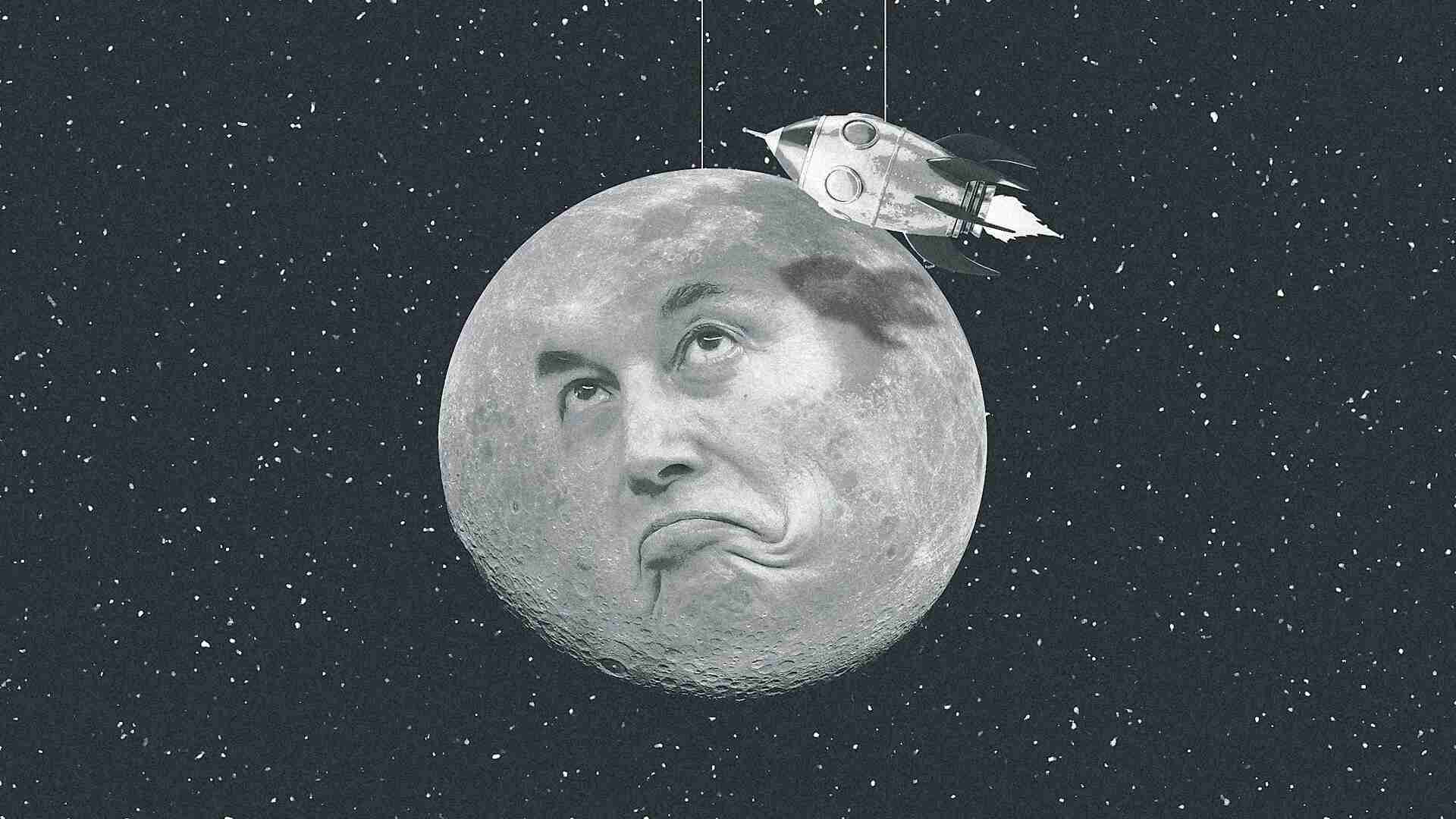- | 11:00 am
Ikea just redesigned one of its most popular products. Here’s why
The Billy Bookcase has sold over 160 million units. Now, it’s changing.
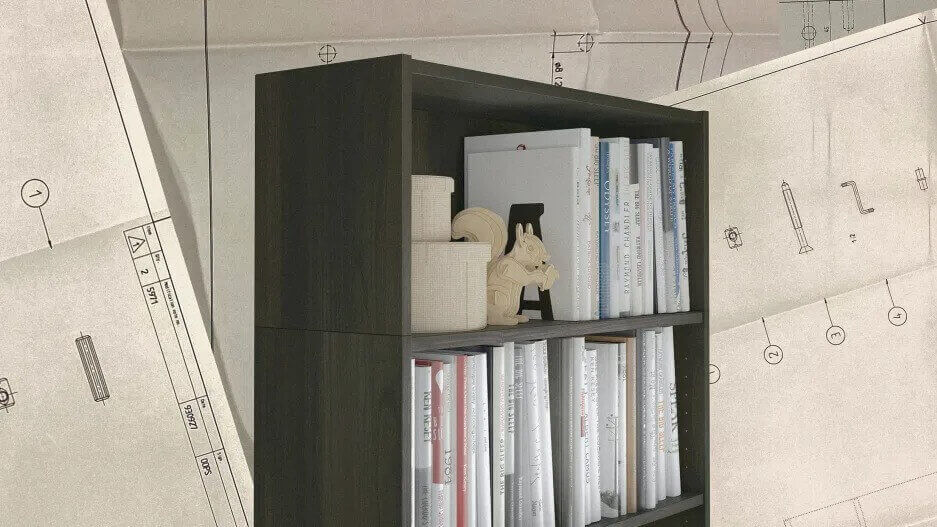
First launched in 1979, Ikea’s budget-friendly Billy Bookcase is one of the most popular pieces of furniture in the world. Having sold over 160 million units over the past 43 years, you’ve seen it everywhere from college dorms to pricey homes.
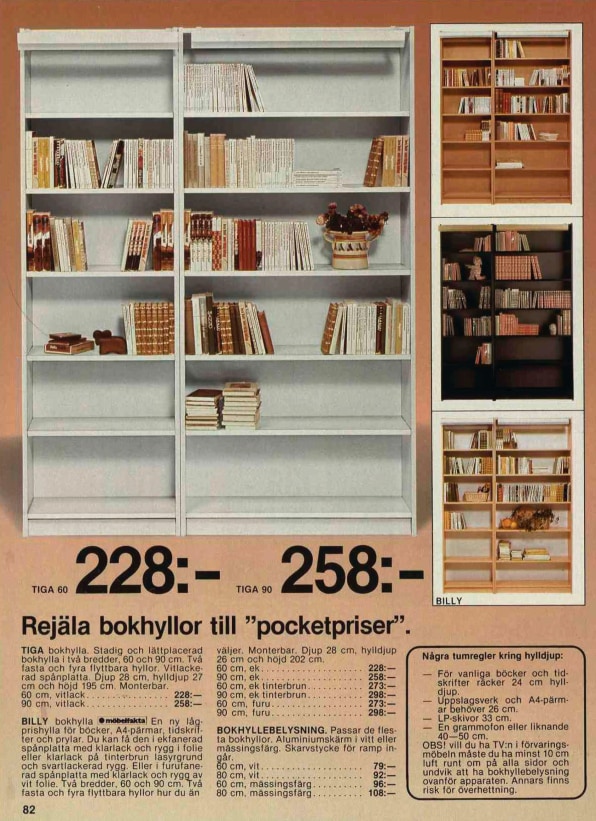
[Image: Ikea]
Now, as part of its plan to become a circular company by 2030, Ikea announced a significant redesign to its iconic bookshelf—to make it a more repairable product with a smaller material footprint. It uses fewer plastic parts in the interest of sustainability—but also less real wood, too.Launching in Asia this July but in 2024 everywhere else, the new Billy will get rid of the pesky nails that attach its back panel, replacing them with pop-in snap fittings. Anyone who’s built a piece of budget furniture will appreciate the upgrade, as hammering nails into thin sheets of wood is always tenuous. The upgrade will also come in handy during a move, as the lack of nails allows the Billy to be disassembled and reassembled for transit. Ikea also notes that it will make the Billy easier to repair, because if one piece is damaged, it’s easier to change it out.
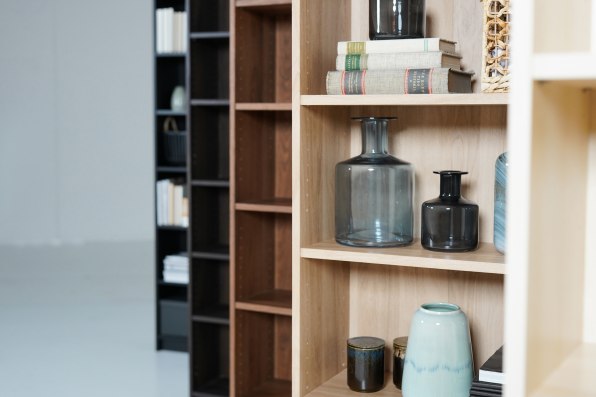
[Photo: Ikea]
The other major changes to the Billy happen across its wood facade. Ikea has swapped out its wood veneer (which was extremely thin-cut wood grain that it glued on top of its engineered MDF boards) for foil paper. Foil paper is an increasingly popular product for furniture and home decor, as it’s essentially a wallpaper that you can wrap onto a product with a bit of adhesive. Ikea says its new foil paper will allow more, modernized colors, like walnut. It’s also a zero-waste process to put the paper on, while Ikea promises that the paper will be more durable to chipping and scratching than the existing wood veneer. But it’s worth noting that to get all this durability, foil paper is generally coated in polyurethane, which is a plastic. So, even as the new Billy eliminates some plastic—by wrapping its foil paper around the shelf fronts, replacing plastic guards that currently protect its edges—Ikea is still wrapping its entire wood product in plastic to do its job.
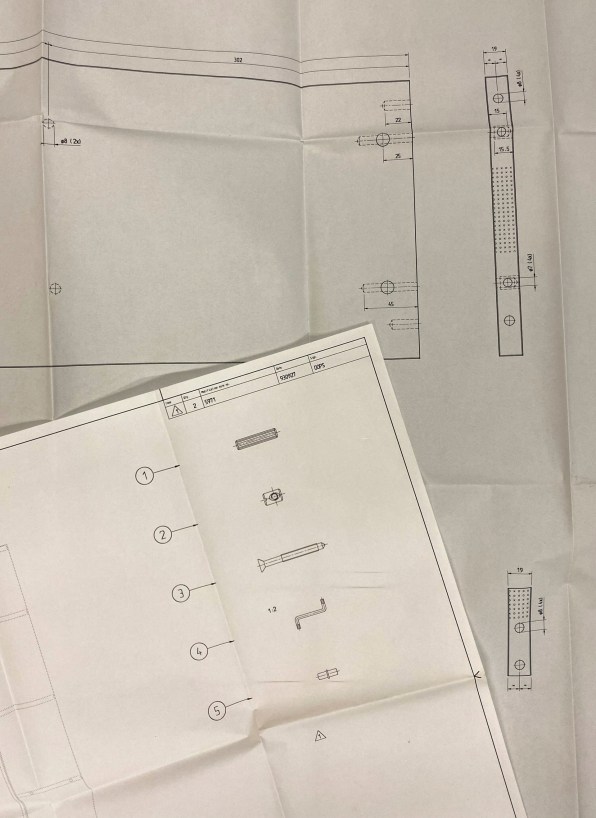
[Photo: Ikea]
Now, plastic isn’t inherently evil when used in long-term goods versus one-time-use shopping bags, and polyurethane is considered relatively innocuous as far as plastics go. It leaves no measurable impact on our hormone levels, and it degrades in a couple decades versus the hundreds of years that it takes some plastics to disappear. So, I’m not arguing that the new Billy isn’t still an improvement in overall material sustainability—truthfully, only Ikea has all of the material sourcing and manufacturing data to say.To further complicate the equation, however, I’d also note that most wood veneers have to be dried out in high-temperature ovens, while neither producing nor attaching foil papers requires that much heat. Ikea could be saving energy with each new Billy made, lowering its carbon footprint indirectly. (Ikea did not respond to our requests for clarity.) Furthermore, being able to move and repair the Billy more easily will allow this iconic piece of furniture to last longer before people toss it out. And if that foil paper is more durable than veneer, as Ikea claims, then the extra use of plastic should only further enhance the Billy’s lifecycle!
Which is all to say, sustainability is always more complicated than it first appears, because swapping out any one component of a product comes with a new cost. And at the scale Ikea operates—a company that uses 1% of the world’s lumber supply—the tiniest of costs truly add up. I just hope they add up to enough.













